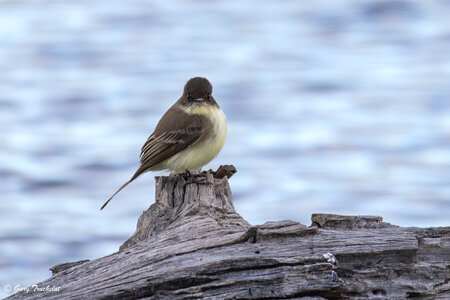Pro Member
- Followers
- 0
- Following
- 0
- Joined
- Mar 28, 2023
- Posts
- 36
- Likes Received
- 18
- Name
- Paul Cassel
I can't see Pentax prospering in the MILC world because the resources needed to compete against Canon and Sony are enormous. Sony just introduced a high end 35 mm form MILC with a global shutter. Canon will almost surely have an answer in the R1 and likely the R5II Real Soon Now. Even Nikon seems to be flagging in the halo race being run by those two.
What could Pentax introduce in a MILC that would convince anybody to invest in its system over those two or even Nikon?
What could Pentax introduce in a MILC that would convince anybody to invest in its system over those two or even Nikon?

